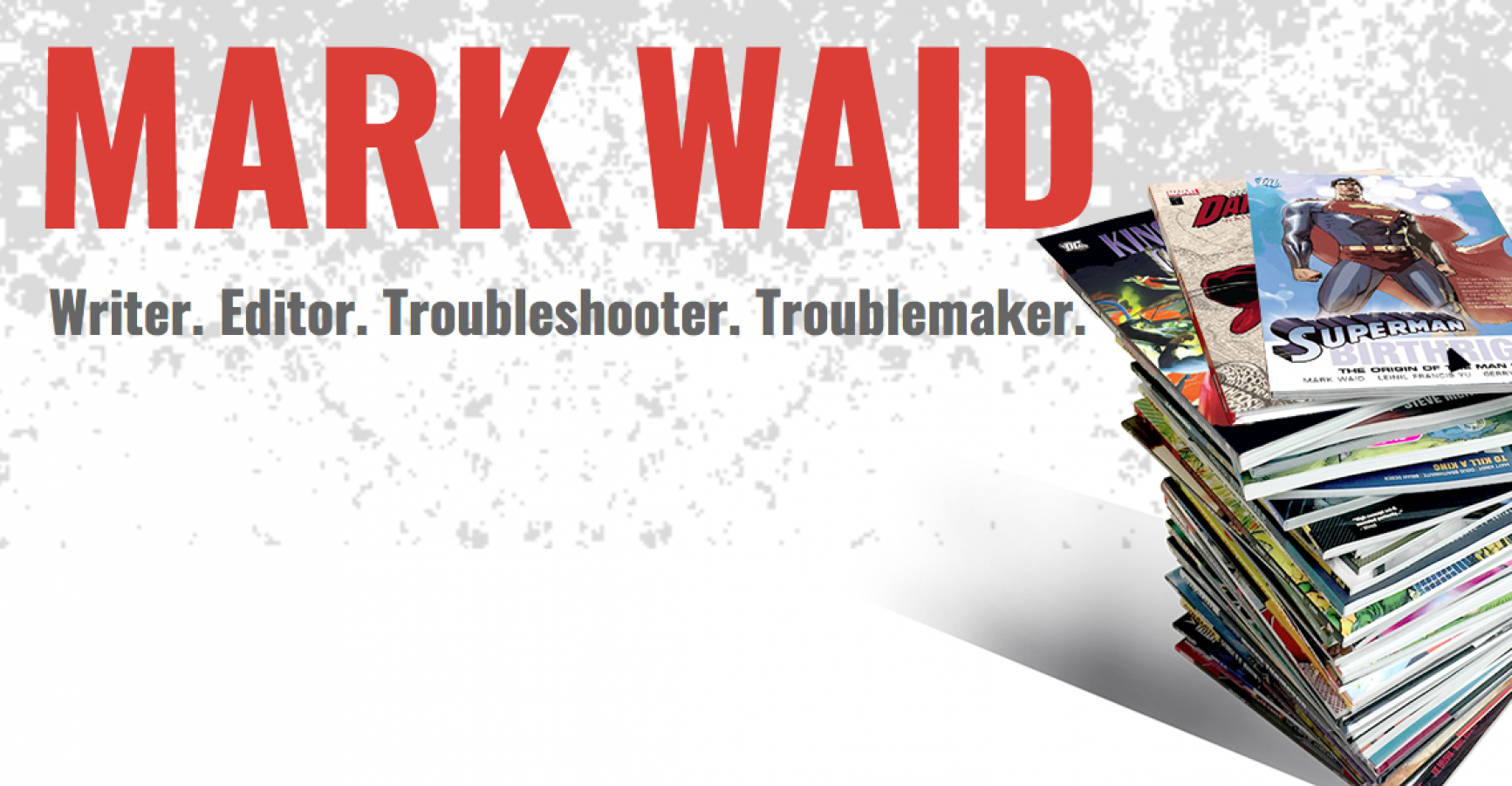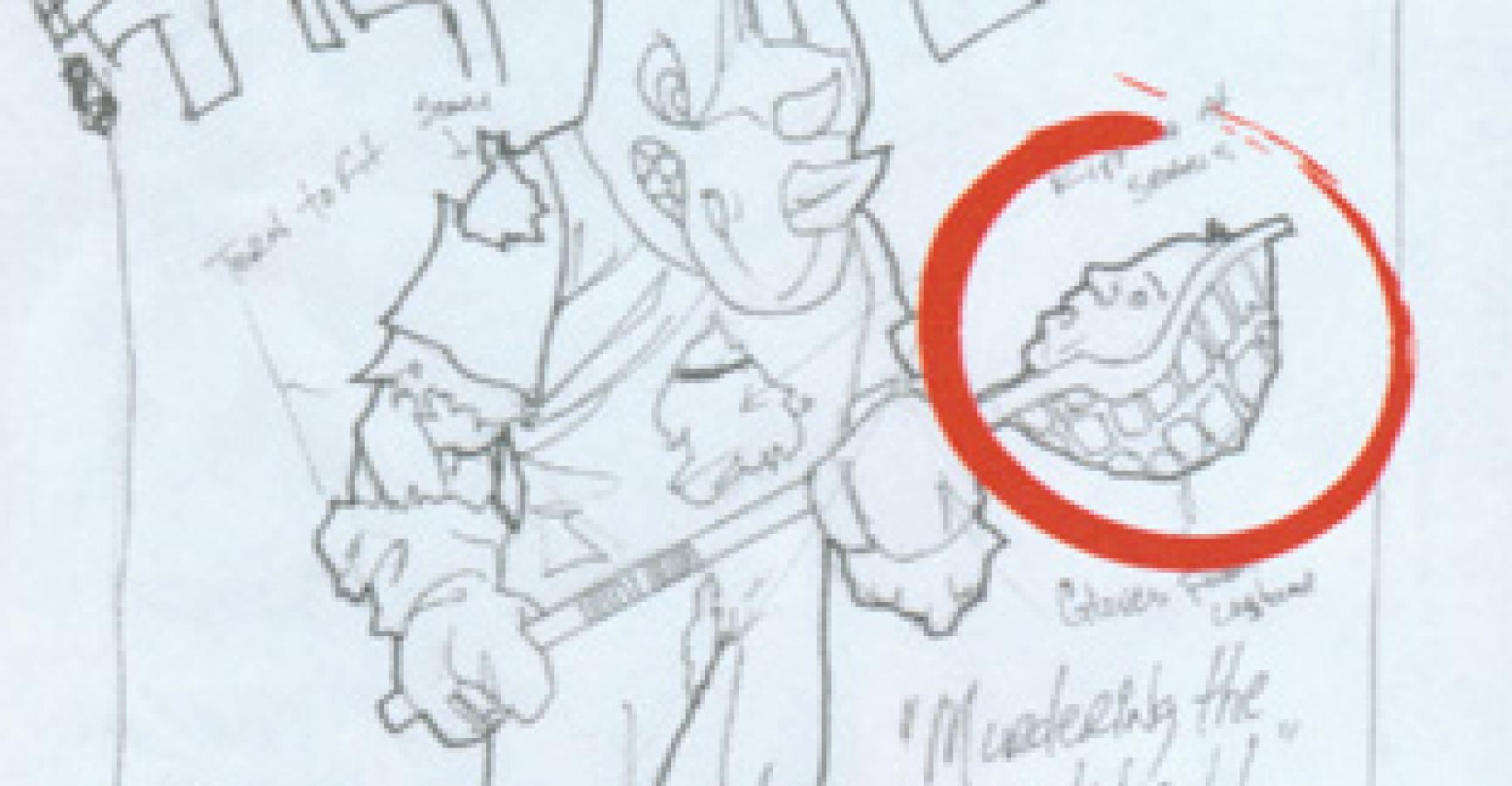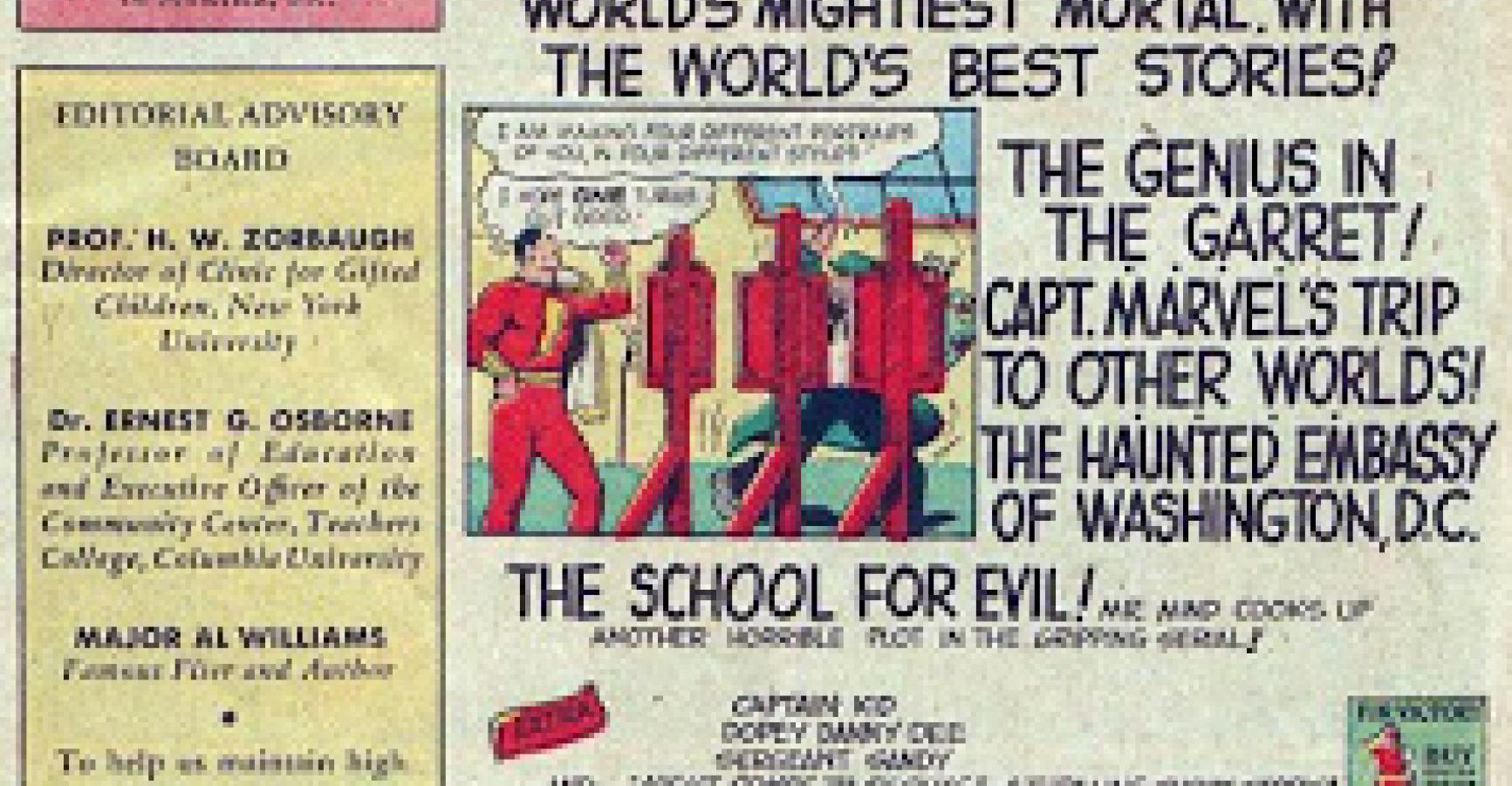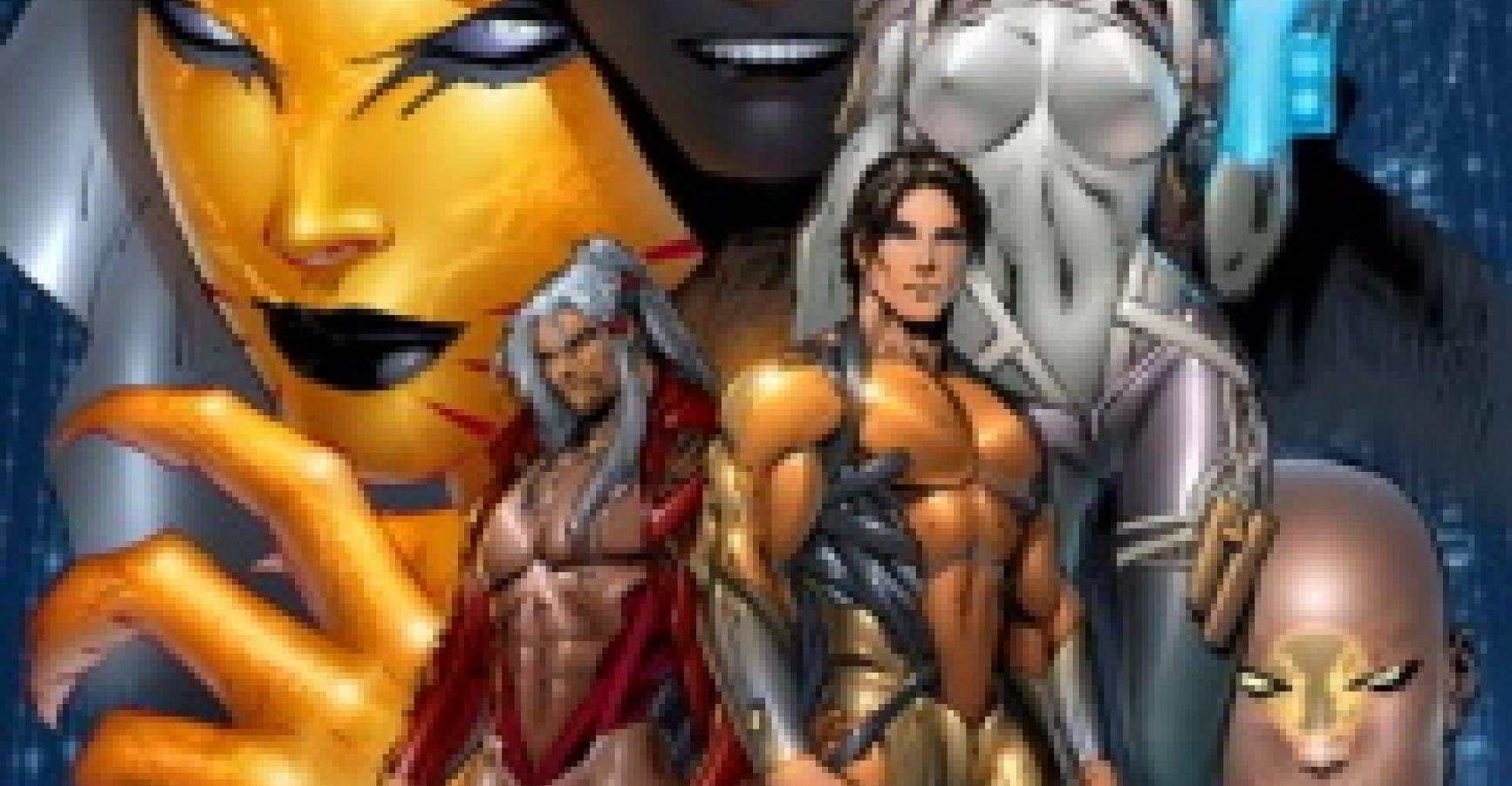A sister post to last week’s about how to energize your plots by letting the characters make unexpected choices. Fair warning–this post is (a) short and (b) generally more applicable to writers of serial fiction than of stand-alone stories, novels, screenplays, etc.–but maybe there’s still something here for you.
One of the greatest sins in any story is false suspense. The kind of “suspense” that disintegrates the moment you give your reader one second to think about it. And it’s an easy trap to fall into, so watch carefully for it. If your story hinges on the question, “Will Superman be pushed so far in his battle against Lex Luthor that he’ll have to kill him?”, or if your big cliffhanger moment is, “Wow, is Spider-Man really dead this time?”, then I understand Food Lion is hiring.
The only reader who might actually be fooled into wondering about the outcome of those questions is one who’s never read a single piece of fiction before, and even then, fat chance. If you’re going to have a character make a plot-driving choice between two and only two alternatives, at least have it be Sophie’s Choice. Try making it a lose-lose, see what that gets you. Remember, the definition of “dilemma” is not “a tough spot,” it’s “having to choose between equally unsatisfactory options.” Or, if you’re dead-set on taking the reader down what seems to be an obvious-to-anyone road–“Will he choose the sandwich–or his mother’s life?“–try one of these two tweaks, both of which have worked well for me in the past:
1) Follow the “dilemma that I’m not gonna buy” past the point of decision to show us the effect of having to make the choice. Best example: an idea I never got around to using in Fantastic Four but saved for a Flash story. At the story’s climax, both of Flash’s children were in danger, and even for the fastest man alive, there was time to save only one. Now, I was well aware that every single reader out there knew that, no matter how dire I painted the circumstance, I wasn’t about to kill off one of the kids if for no other reason than the story was happening outside Flash’s own book. So it was total false suspense. Plus, the solution was a cheat because he figured out a way to save both after all. But I thought it was worth hitting the note of choice because the real payoff, in the story’s epilogue, was Flash’s resultant emotional collapse. He revealed to us (as Sue Richards would have in FF) that for a second, in his mind, he actually had made that choice. He had picked which child to save, and while he’ll never tell anyone (including his wife and including us) what that choice had been, just the nightmare of making it will haunt him forever.
2) Lean into the shallow expectations of false suspense and then immediately hit the readers with a moment of genuine suspense that spins directly out of it. Example, again from FF: I ended one story arc with the apparent death of Ben Grimm, the Thing, which is pretty much the textbook definition of false suspense–no reader would believe I was really killing off one of the Fantastic Four. So I did that with two pages left to go. Then, two pages later, I hit the readers with the real cliffhanger–that Reed Richards, superscientist, was so mentally distraught by Ben’s death that he vowed to break into Heaven to get Ben’s soul back. Continued next issue. WhaHuh? Presto. False suspense becomes real suspense. No one was supposed to even believe Ben was really dead; not my goal. They were supposed to wonder if Reed Richards had gone insane, which sounded a lot more intriguing.
Bottom line: don’t waste my time by asking questions with obvious answers or posing “suspenseful” choices with only one real option. That’s just marking time. People (and characters) (and situations) are only interesting when they surprise you.



